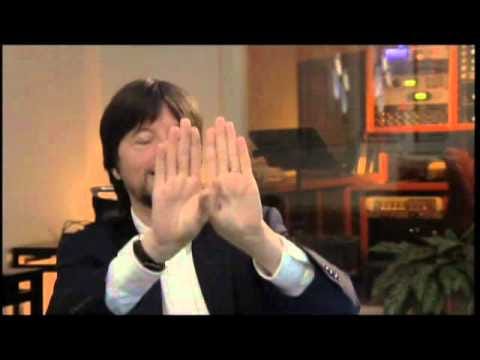10 Best Documentaries About New York City
The 51st New York Film Festival begins this Friday, and ahead of our coverage of the event, it would seem appropriate to list some of our most anticipated titles. But there really aren’t a lot of docs at NYFF, and what is there we are excited about entirely. Maybe some films are higher up than others (At Berkeley), but all together we are looking forwar…
Keep reading with a 7-day free trial
Subscribe to Nonfics to keep reading this post and get 7 days of free access to the full post archives.



